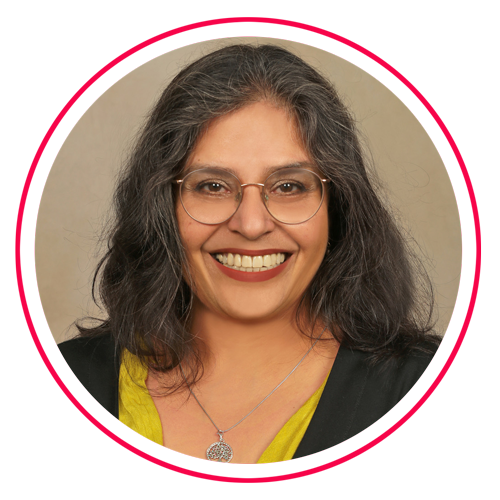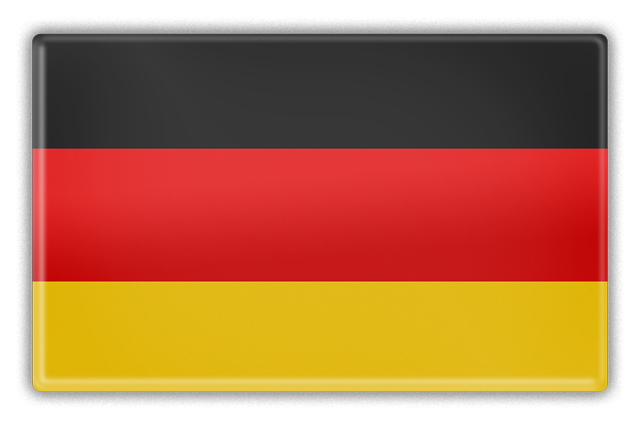What does Empowerment mean in this Context?
For me, it is about taking social power relations into account in our joint work. There is a justified attitude that coaching, psychotherapy and training always have an empowering character, because they strengthen people and make it easier for them to access their resources and potential. Under certain circumstances though, this leads to the individualization of problems that are not rooted in the individual at all.
I am also concerned with listening to you in an inter-sectionally informed way, thereby searching with you to find your own words, strengths and goals. Empowerment here means how you can keep in touch with your strengths and reach your goals while taking into account social justice aspects adequately. How intensive and how explicit we proceed, is always in your control.
ORGANIZATIONAL FACILITATOR
I also offer this as an organizational facilitator. Social power relations have always played a role -for example, the topic of "man-woman" frequently resonates in conflict seminars. Almost all organizations work with a diverse workforce, and in many agile organizations, values for co-operation are set.
Nevertheless which frameworks and structures need to be improved for more fairness is and will remain an exciting topic. In my role as trainer, coach or consultant I reflect in organizations these social realities critically in mindful dialogues with all participants.
METHODS AND TOOLS
Many of my methods and tools originate from trainings that have not (or not yet completely) been deconstructed. I use these tools being aware that I am a woman of colour and identify myself as a Rhineland-Desi. Perceiving people who are positioned as B(I)PoCs, as Binationals, or Marginalized with authenticity and appreciation is central to me. Experience shows that our intersectional positionings might lead to relevant differences in coaching, psychotherapy, mediation or trainings.
In the last years new words, concepts and theories on the topic of racism lead to new possibilities of naming and understanding pains. At the same time racism remains a very difficult topic. Differently positioned people need to go through different learning steps and developing the skills to talk about racism and other intersectional fields is a good start. Organizations also are now recognizing more and more that specific challenges in HR, day-to-day work, marketing etc. do exist, and are considering how to meet the different needs of diverse people.


